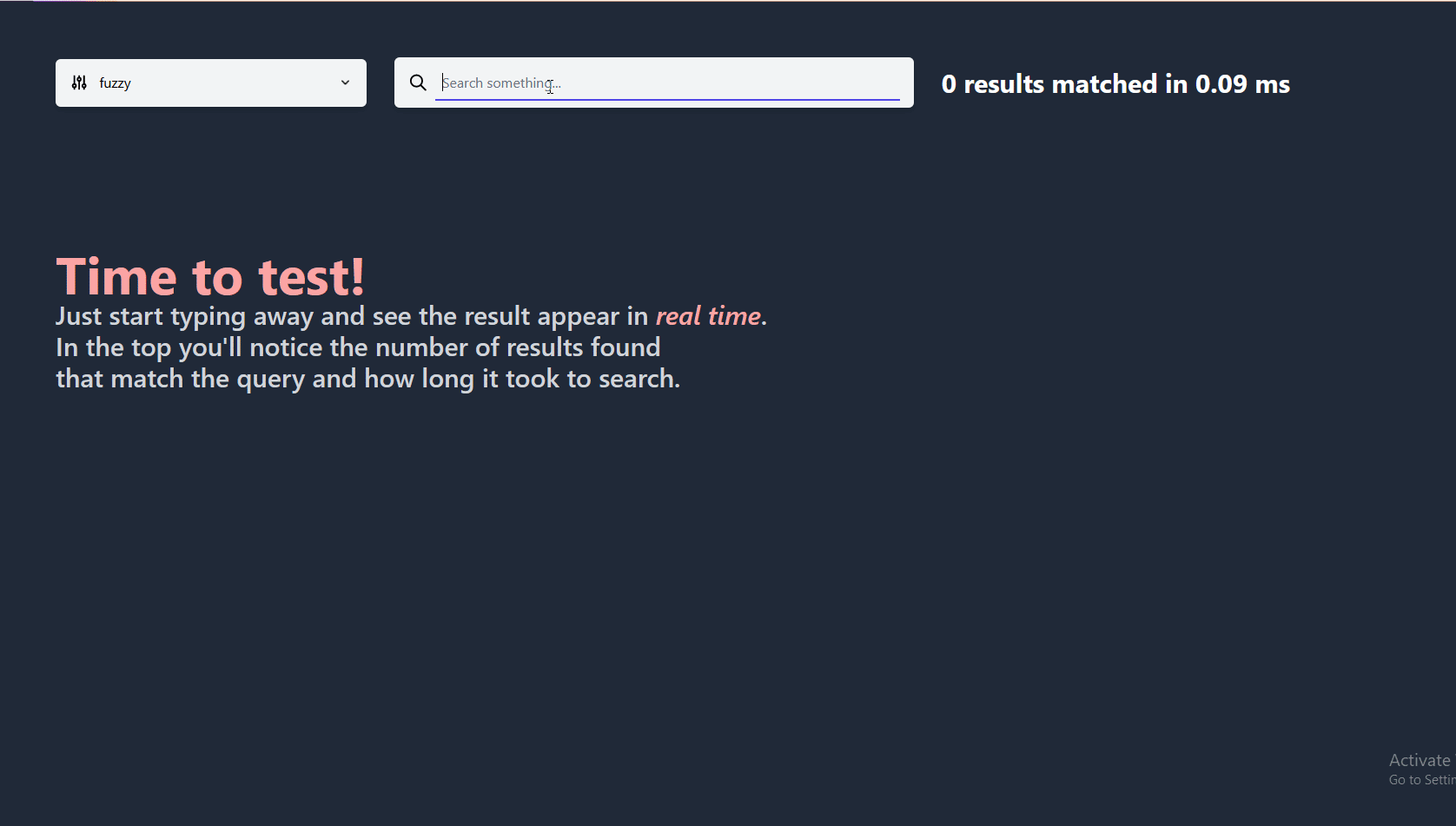WARNING! This is the active dev branch, checkout the latest stable release: https://github.com/lnx-search/lnx/tree/refs/tags/0.9.0
✨ Feature Rich | ⚡ Insanely Fast
An ultra-fast, adaptable deployment of the tantivy search engine via REST.
lnx is built to not re-invent the wheel, it stands on top of the tokio-rs work-stealing runtime, hyper web framework combined with the raw compute power of the tantivy search engine.
Together this allows lnx to offer millisecond indexing on tens of thousands of document inserts at once (No more waiting around for things to get indexed!), Per index transactions and the ability to process searches like it's just another lookup on the hashtable 😲
lnx although very new offers a wide range of features thanks to the ecosystem it stands on.
- 🤓 Complex Query Parser.
- ❤️ Typo tolerant fuzzy queries.
- ⚡️ Typo tolerant fast-fuzzy queries. (pre-computed spell correction)
- 🔥 More-Like-This queries.
- Order by fields.
- Fast indexing.
- Fast Searching.
- Several Options for fine grain performance tuning.
- Multiple storage backends available for testing and developing.
- Permissions based authorization access tokens.
Here you can see lnx doing search as you type on a 27 million document dataset coming in at reasonable 18GB once indexed, ran on my i7-8700k using ~3GB of RAM with our fast-fuzzy system Got a bigger dataset for us to try? Open an issue!
lnx can provide the ability to fine tune the system to your particular use case. You can customise the async runtime threads. The concurrency thread pool, threads per reader and writer threads, all per index.
This gives you the ability to control in detail where your computing resources are going. Got a large dataset but lower amount of concurrent reads? Bump the reader threads in exchange for lower max concurrency.
The bellow figures were taken by our lnx-cli on the small movies.json dataset, we didn't try any higher as Meilisearch takes an incredibly long time to index millions of docs although the new Meilisearch engine has improved this somewhat.
As much as lnx provides a wide range of features, it can not do it all being such a young system. Naturally, it has some limitations:
- lnx is not distributed (yet) so this really does just scale vertically.
- Simple but not too simple, lnx can't offer the same level of ease of use compared to MeiliSearch due to its schema-full nature and wide range of tuning options. With more tuning comes more settings, unfortunately.
- Metrics (yet)
- rustc v1.81+
- sccache
- linux os







